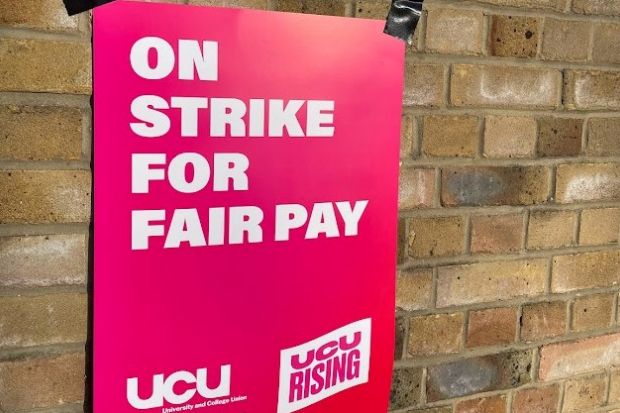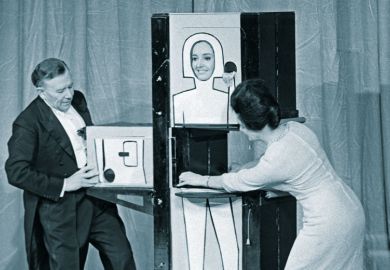A few years ago, my university outlawed open-access publication of our articles in journals. There was an exception if an external funder insisted on it but, even then, the university would not pay for it.
Since last year, though, we have been required to obtain this “gold” open access.
Part of the reason for this sea change has been the reaching of what are called “transformative agreements” between universities and publishers, whereby open access fees are rolled into the cost of subscribing to hybrid journals. This removal of the previous upfront cost for open-access publishing has, at least for now, resolved what appeared to be an impasse between what publishers were demanding and what universities deemed financially sustainable.
Universities in the UK are now at another, very different kind of impasse with the University and College Union (UCU). Strikes over a variety of issues, including pay, pensions, workload and casualisation have been going on interminably and show no sign of ending any time soon. But just 20 per cent of those of us who are eligible to join the UCU have actually done so, according to a figure recently cited by our administration. I cannot vouch for that figure, but it is certainly true that the percentage of academics who are UCU members is significantly less than 100.
As a long-time member of academic staff who has never belonged to UCU, I might be tempted to join just so that my vote would count when it came to accepting a proposed agreement with the Universities and Colleges Employers Association (Ucea). I come from a union background, with grandparents who earned subsistence wages in a profit-making company’s factory. I, however, work for an organisation that is not profit-making; indeed, a good number of universities are struggling to survive. My inner grandma tells me there is a category mistake here. But that’s just a personal thing.
The segment of staff who belong to the union cover the full political spectrum but, overall, one would expect them to be to the left of non-members. Recently, for instance, a UCU meeting in Glasgow passed a resolution concerning the war in Ukraine that, according to reports, caused a number of long-time members to tear up their union cards. Strikes over these last years have also led to some attrition, as I have seen within my own department – but struggle and attrition strengthen the will of others to fight on.
My point is that in mid-2023, the UCU membership is decreasingly representative of the views of academic staff overall. Nevertheless, the UCU is uniquely empowered through employment law to undertake actions with profound effects on academic staff. The UCU would, of course, welcome new members – not just for their annual dues but also for the ability they would offer the union to claim that it represents more than a small minority. But those dues – up to £330 – are a barrier.
So what if transformative agreements were struck between the UCU and universities – or, better still, with Ucea – to cover the dues of any academic who wished to join (or was already a member)? The precise fee would have to be negotiated, of course, but would inevitably represent a big financial outlay for universities; the advantage of doing it via Ucea is that universities in financial straits would not need to match the contributions of richer counterparts.
The big gain for universities is that they – via Ucea – would be negotiating with a UCU whose internal balance reflected that of academic staff overall. Of course, an impasse might remain, yet there is a good chance that the sort of situation we have witnessed this year, in which agreements reached between UCU and Ucea have been rejected by UCU members, would be rarer. And when they did occur, they would at least have the validity of representing the will of a larger proportion of the staff whose lives and careers they affect.
It took the open access movement 20 years to get to transformative agreements. Without some rather radical change, the strife we are seeing in labour relations, too, could go on and on.
The author has chosen to remain anonymous.

